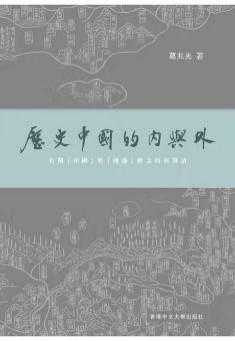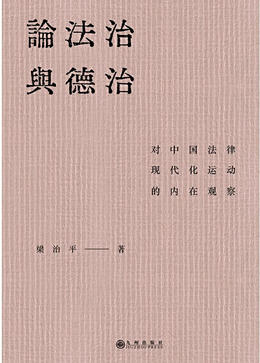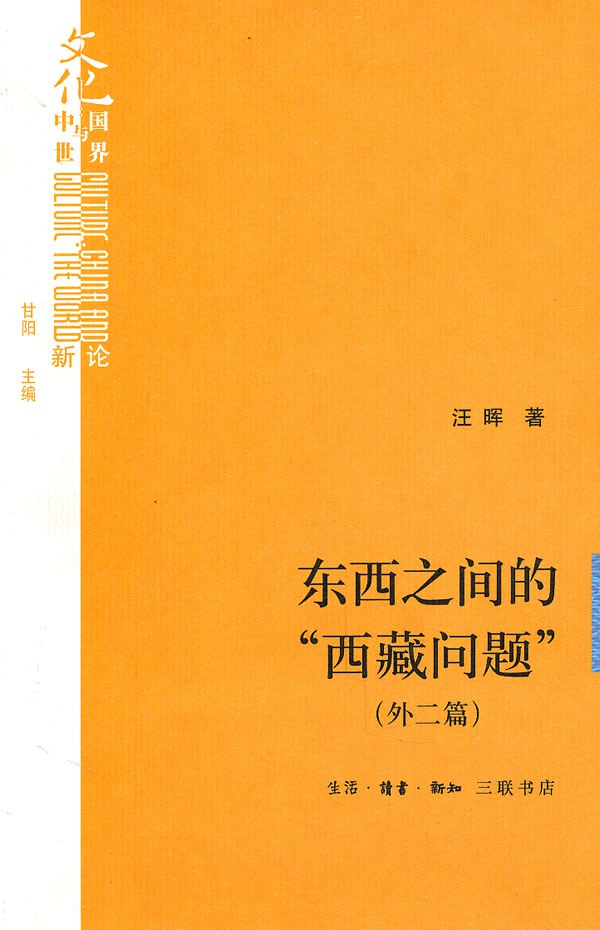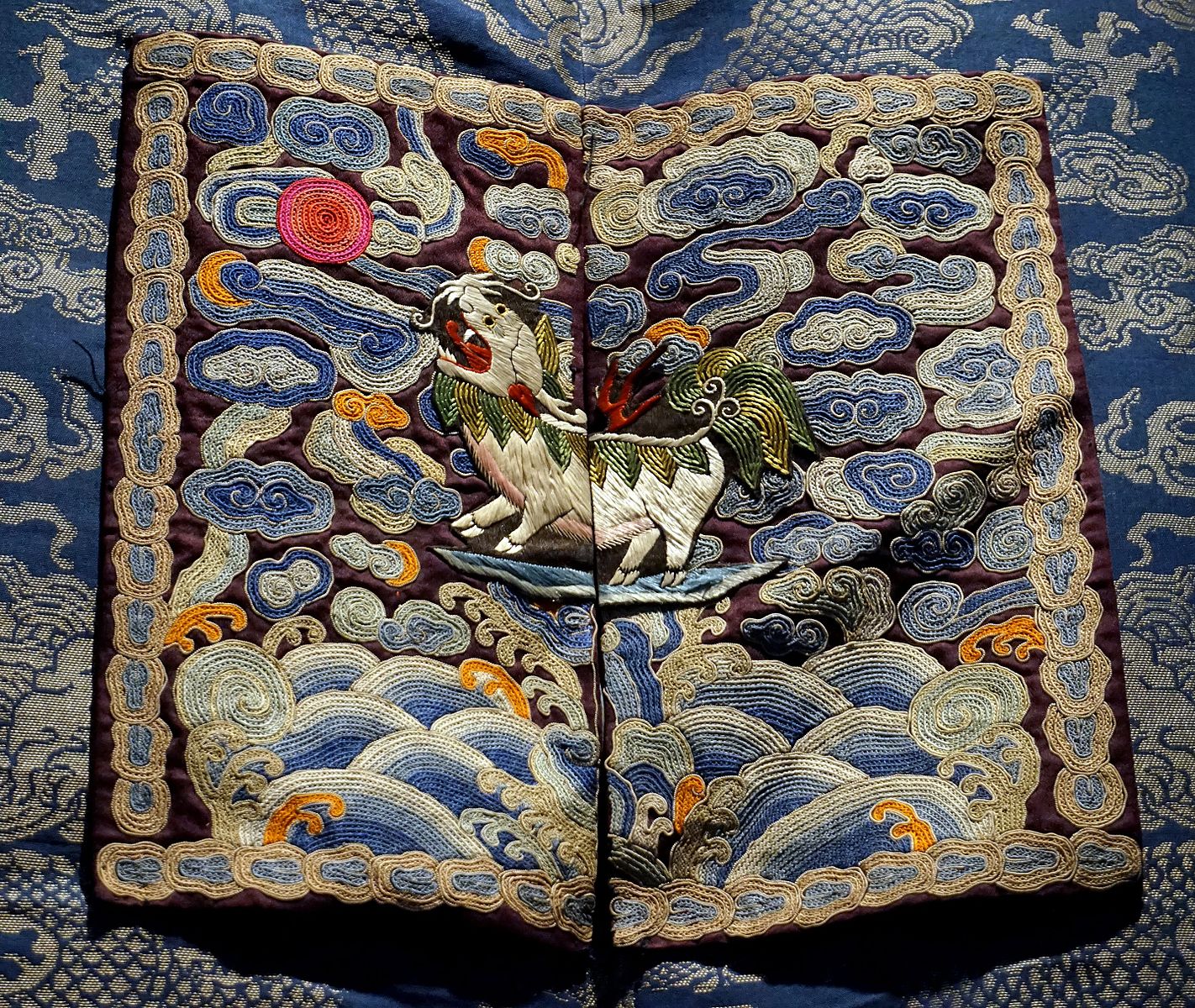China and the Chinese people are diverse and took shape through a historical process; an understanding of this process and diversity would help us to achieve more distinct analyses and to avoid drawing and spreading confused pictures of China. Translators must meet the challenge of addressing certain geographical, historical and socio-economic aspects of the Chinese oeuvre that need to be embedded in its own specific (historical) context.
To shed light on the often-neglected topic of how to most accurately translate and convey the content, concepts and atmosphere of a historical Chinese oeuvre, the Max Planck Institute for Legal History and Legal Theory in Frankfurt (MPI Frankfurt), together with the Max Weber Foundation and the Werner Reimers Foundation, has initiated the program “China – Norms, Ideas, Practices”. The program seeks to attract professional translators with a high level of academic training and aims to go far beyond mere language skills to gain a deeper insight into China’s heterogeneous self-conception when translating selected important monographs by prominent contemporary Chinese scholars into German.
As major part of this program, about thirty scholars, among them translators, researchers at the MPI Frankfurt and professors from the fields of law, sinology and sociology, gathered in Bad Homburg from October 10 – 11, 2022, to participate in the interdisciplinary conference on “China – Norms, Ideas, Practices”. The conference focused on three main points: China’s diverse self-interpretation traditions, the Chinese-German dialogue on issues of law, politics and history, and the professional, genuine exchange among translators as well as with the respective Chinese authors who participated online.
The conference was held at the Werner Reimers Foundation, which is situated in an oasis of tranquility and nature and is dedicated to the fostering of science and research involving studies of mankind, its nature and its environment – a wonderful place inspiring fruitful discussions and intellectual exchange.

The Inside and Outside of Historical China: A Reclarification of the Concept of ‘China’ and its ‘Borders’
历史中国的内与外:有关“中国”与“周边”概念的再澄清
After the opening speech by the director of the MPI Frankfurt, Professor Thomas Duve, who also acted as a moderator in the conference, attention was drawn to the Chinese monograph The Inside and Outside of Historical China: A Reclarification of the Concept of ‘China’ and its ‘Borders’ published in 2017 by eminent historian of traditional China and public intellectual Professor GE Zhaoguang (葛兆光). Professor Sabine Dabringhaus from the University of Freiburg addressed the key concepts of the book such as the Chinese identity crisis originating from the various discourses and disputes with South and North Korea, and the problems with Taiwan and Hong Kong, which involve questions of Chinese ethnicity, religion, territory and nationhood. In this context, Professor Dabringhaus pointed out the ethnic and cultural diversity and stressed that the true nature of China cannot be understood by using Western concepts and applying them to China. It is, she explained, the enormous complexity of the question “What is China?”.
Professor GE’s familiarity with Confucius and the Qin and Han dynasties posed a great challenge to the translator. Maja Linnemann shared the struggles she faced when translating the book into German. The numerous quotes required checks against the original version. According to her, the translator becomes a detective who has to resort to reference books (i.e. works by William H. Nienhauser Jr.) and maps to comprehend the meaning of the geographic and administrative terms. Professor GE Zhaoguang agreed on the difficulty of capturing the complexity and diversity of the Chinese people in a German translation. He highlighted that understanding the “peripheries” and the “center” of China is essential to avoid conflicts in the sino-foreign relations.

On the Rule of Law and the Rule of Virtue: An Inner Observation of China’s Legal Modernization Movement
论法治与德治:对中国法律现代化运动的内在观察
In the eyes of Professor Björn Ahl from the University of Cologne, On the Rule of Law and the Rule of Virtue: An Inner Observation of China’s Legal Modernization Movement (2020) provides a new basis for research and discourse: Professor LIANG Zhiping (梁治平) strives for independent scholarship and freedom of thought and employs an empathetic understanding of different legal cultures. Neither does he insist on Western law being the only “true law”, nor does he adhere to the dogma that China is so unique that it requires its own law.
Blandina Brösicke reveals the challenges of translating the different concepts of “rule of law” and ambiguous Chinese expressions such as renmin (人民) or xiangxin (相信) / xinyang (信仰), the meanings of which have to be delineated against the specific circumstances in which they are used. Professor LIANG Zhiping emphasized that some of the challenges of translating occur because some concepts such as fazhi (法治) are not inherent Chinese terms or they already bear a meaning stemming from other jurisdictions.
In the discussion round, Dr. Egas Bender de Moniz Bandeira, affiliate researcher at the MPI Frankfurt, addressed the recurring topic of “Translating Chinese Concepts” and summarized that Chinese texts and concepts have to be seen against the background of the specific time and place. In this context, Professor Björn Ahl added that Chinese concepts have a life on their own, which may sometimes contradict party policy.

Public Evening Lecture: “Solidarity in turbulent times? On the state of German-Chinese scientific relations“
Dr. Anna Lisa Ahlers
The program of the conference was enriched by a lecture delivered by Dr. Anna Lisa Ahlers from the Max Planck Institute for the History of Science in which she discussed the prevailing distant attitude of German university to conclude cooperation contracts with Chinese universities. She spread optimism by highlighting that science and academia cannot function without cooperation and that the risks are rather low if the Chinese-German cooperation focuses on selected, promising areas (such as climate) and is value-oriented.

The Tibet Issue between East and West
东西之间的”西藏问题
The author Professor WANG Hui (汪晖) was, according to the introductory words of Professor Hans von Ess from the Ludwig Maximilian University of Munich, strongly influenced by anthropologist and sociology professor FEI Xiaotong, a pioneering researcher in the study of China’s ethnic groups. In his analysis of the Tibetan riots of Spring 2008 (published in 2009), he draws a comparison to the Ryukyu Kingdom which was integrated into Japan in 1879. The transformation entailed by the integration into Japan is seen by Professor WANG Hui as a process of modernization.
Translator Dr. Carsten Schäfer identified the somewhat delicate, yet differentiated aspects of the work of Professor WANG Hui, who describes the independence movement of Tibet as a product of a Western colonial movement; the German readership may find this description difficult to accept. However, he identifies the tricky conflict between traditional regional order (underrated in “Western” discourses) and the concept of a nation-state based on a Western model. With regard to the translation as such, Schäfer raised the concern that relying on English translations is sometimes more confusing than helpful. Reacting to his previous speakers, Professor WANG Hui highlights that there is not just one concept of “China”, but that China is a trans-systemic society being composed of different ethnic groups or nationalities, religions and civilizations and civilizations. In the discussion round, Professor Thomas Heberer from the University of Duisburg-Essen provided examples illustrating to what degree China is a multi-ethnic state, mentioning the growing ethnicity and religiosity and the increase of Islamist forces in Xinjiang, which reinforces segregation. Professor Max Oidtman from the Ludwig Maximilian University of Munich delivered a deep-dive presentation into the pluralistic legal order of the Qing state.
Concluding remarks
This conference was special in that it placed the translators in direct contact with the Chinese authors and thus provided – together with the other participants – for an honest exchange on the complex themes but also on the experiences and struggles of translation. Translating these three selected works by renowned Chinese scholars involves conveying a historical understanding of China and the diversity in Chinese thinking. Through a thorough translation, the dialogue between China and Germany can be improved considerably. This conference was an important step towards this goal.
Cite as: Martinek, Madeleine: China – Norms, Ideas, Practices: Conference 2022, legalhistoryinsights.com, 22.12.2022, https://doi.org/10.17176/20230116-105931-0



 This work is licensed under a
This work is licensed under a 